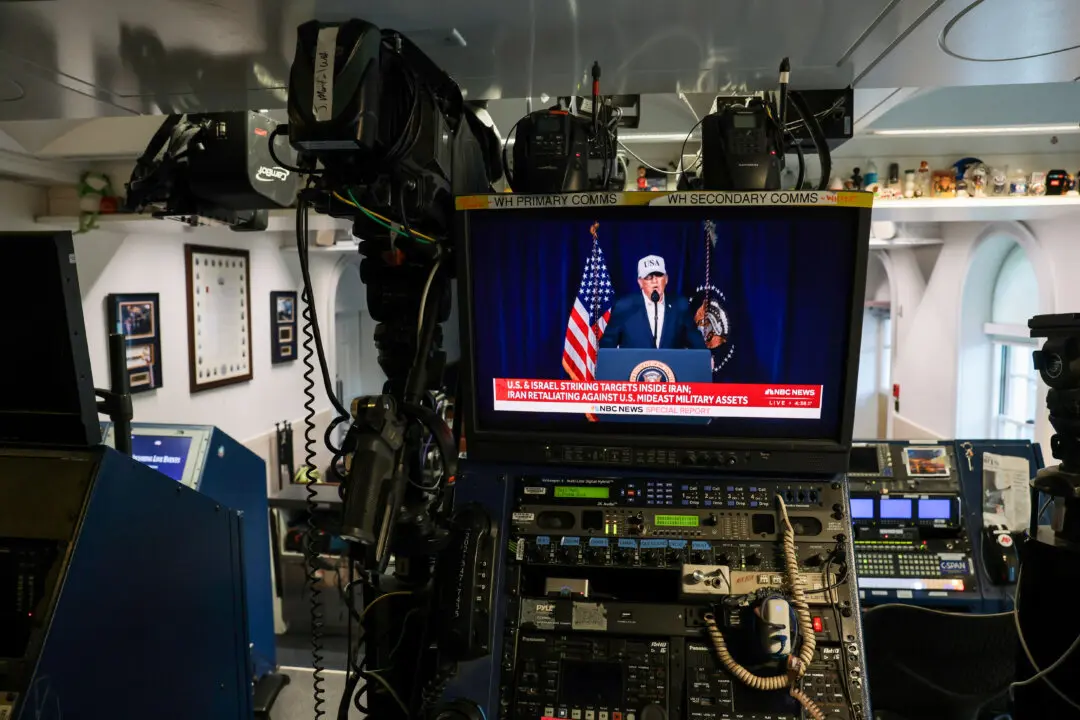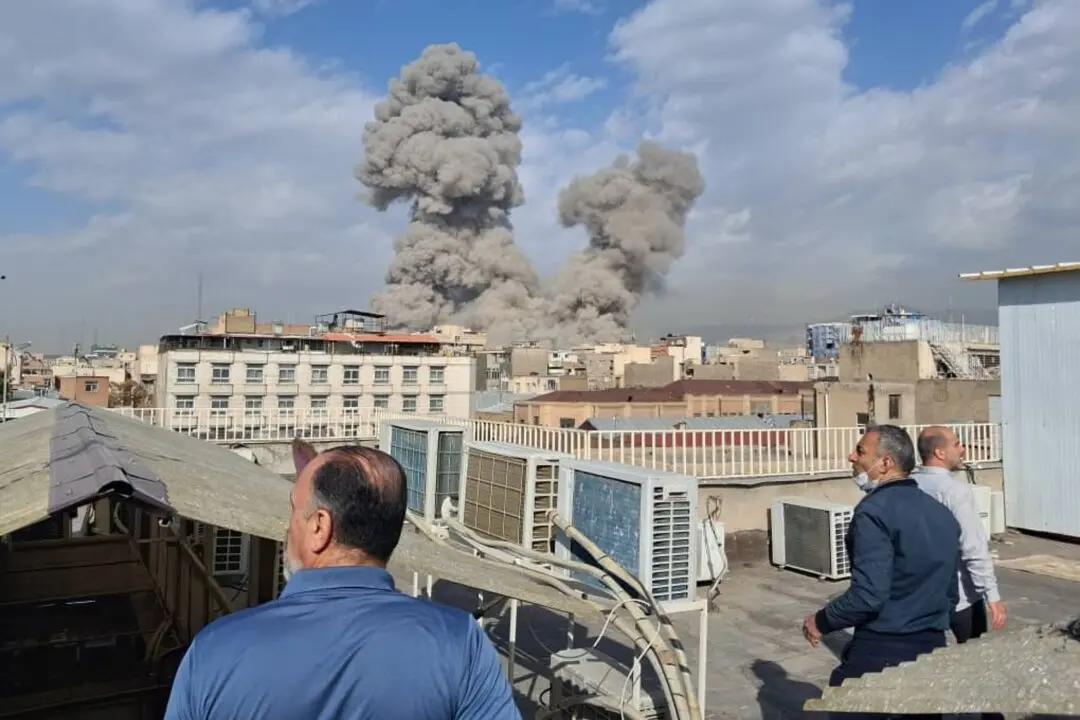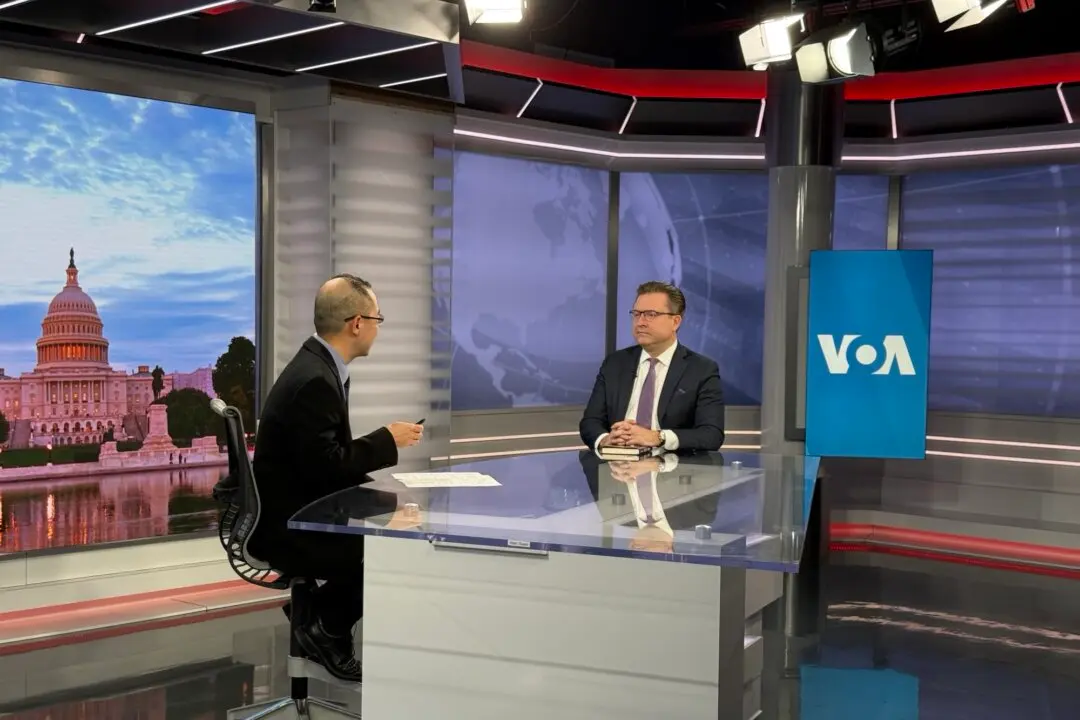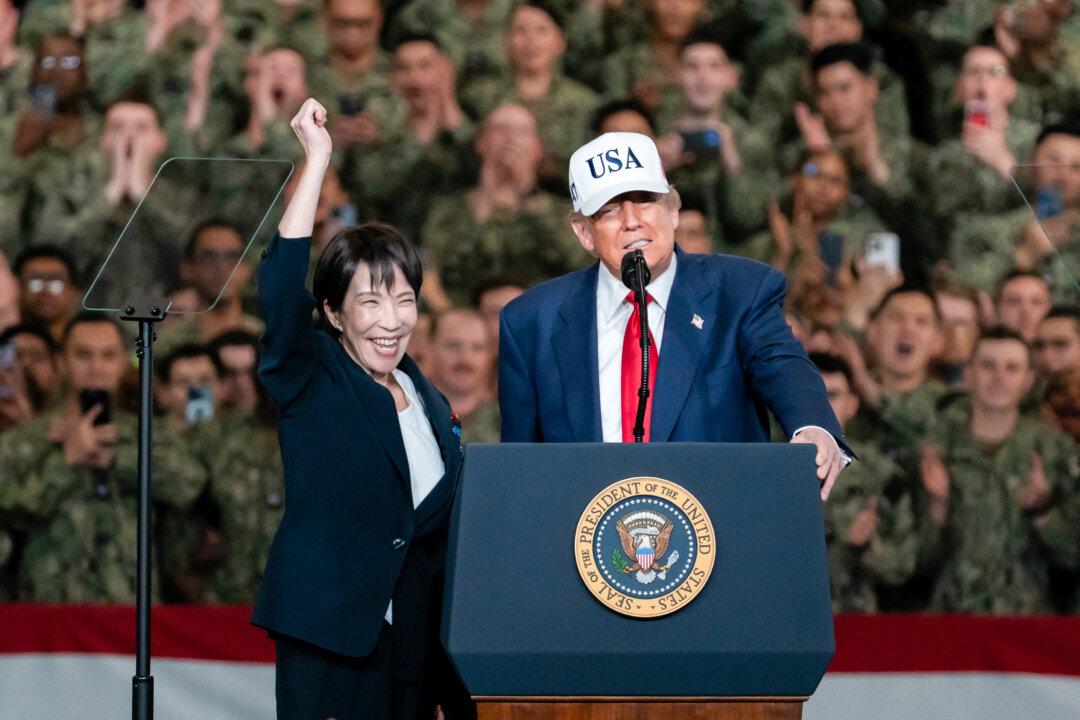You need to look no further than the family to understand why our culture is falling apart, or why identity politics has reached a fever pitch.
“The root of the problem that we have in our culture right now is we have so many people that have been unfathered, boys and girls that have grown up now and are politicians that’ve been unfathered, and that wound of not having a father in their story is causing them to see the world through these glasses that they have—and we have over 24 million kids who went to bed last night, in our country, without their birth father in their story,” said Ed McGlasson, whose own father died before he was born.






